Utah Sales & Use Tax Guide for 2025: Rates, Rules & Nexus

Economic Nexus Threshold | State Tax Rate | Range of Local Rates | Streamlined Sales Tax Status | Administered by |
|---|---|---|---|---|
USD 100,000 | 4.7% | 1% – 7.5% | Full Member | Utah State Tax Commission |
Sales and Use Tax Basics in Utah
Sales Tax
Utah imposes a sales tax on buyers for various types of transactions conducted within the state. The tax applies to the retail sale of tangible personal property, that is, tangible goods and certain services listed as taxable.
Use Tax
The use tax applies to goods and taxable services purchased for use, storage, or other consumption in Utah during the tax year only if the sales tax was not paid at the time of purchase, that is if the seller did not charge and collect sales tax at the point of sale.
Therefore, if a Utah-based consumer buys goods or services from an out-of-state seller, either through the Internet, a catalog, radio, or TV purchase, and the seller does not collect sales tax, it is the consumer's responsibility to declare and pay the use tax directly to the Tax Commission.
Utah Sales and Use Tax Rates
The statewide sales and use tax rates in Utah are 4.7%. However, the Utah sales and use tax law allows counties, cities, and towns to impose local tax rates. Therefore, the total applicable rate depends on the county or municipality where the consumer is located.
Additionally, specific transactions are taxed at different rates. For example, food and food ingredients are taxed at a 1.75% state rate plus any applicable local rates. Furthermore, fuel sold to railroads for locomotive use is taxed at a 4.85% state rate, with no additional local taxes.
Tax-Exempt Transactions
The State of Utah exempts a variety of transactions from sales and use tax, including sales to government entities and non-profits, prescription drugs and medical equipment, raw materials and goods purchased for resale, farming and manufacturing equipment, particular food sold by schools or religious groups, long-term lodging, meaning those longer than 30 days, and items used in interstate commerce or shipped out of state.
Additionally, sales of newspapers, utilities such as piped water, bullion, educational materials, and equipment used in film production or pollution control are also exempt from taxation.
Nexus Rules in Utah
Taxable persons making sales to Utah-based consumers may become liable for collecting and remitting sales tax if they establish a substantial presence in the state. The substantial presence, also known as the substantial nexus, can be established through physical presence, economic activity, or facilitating the sales of goods and services.
Physical Nexus
Businesses and individuals with an office, distribution house, sales house, warehouse, or other place of business in Utah are considered to have a physical presence in the state. Additionally, a physical nexus can be established by maintaining stock in Utah or regularly engaging in the delivery of property there, other than by common carrier or United States mail. Furthermore, by regularly leasing or servicing property located in Utah, taxable persons are considered to be physically present in the state, making them liable for sales tax.
Economic Nexus
Like many other US states, Utah introduced the economic nexus rules, subjecting all taxable persons that exceed the threshold to sales and use tax rules and regulations. Initially set at USD 100,000 in gross sales and 200 or more separate transactions, Utah removed its 200-transaction threshold, effective July 1, 2025.
Therefore, if remote or out-of-state sellers earn USD 100,000 or more within the previous or current calendar year, they must register for sales tax purposes and begin collecting and remitting the due taxes.
Marketplace Nexus
Following the implementation of the economic nexus rules at the beginning of 2019, Utah enacted marketplace nexus legislation on October 1, 2019. Under these rules, marketplace facilitators must collect and remit sales tax if the sales they make or facilitate on behalf of one or more marketplace sellers exceed the USD 100,000 threshold
Taxable Goods and Services in Utah
According to Utah law, retail sales of tangible goods are generally taxable unless strictly defined as non-taxable. Additionally, leases, rentals, and storage of tangible goods used or kept in Utah are also taxable. Regarding service, they are typically exempt from tax.
However, the law provides a list of services subject to sales and use tax, including local telephone, mobile, and telegraph services originating and terminating within the state, prepared food, utility services, such as gas, electricity, heat, coal, fuel oil, admissions and fees for entertainment and recreational activities, laundry and dry cleaning, accommodations rented for less than 30 days, and prepaid telephone calling cards.
Bundled Transactions and the True Object Test
For a transaction to be bundled, there must be two or more distinct and identifiable taxable or non-taxable items, such as goods and services, that are sold for a single non-itemized price. Specific special rules apply depending on which items are included in the bundle. For example, if the bundle consists of food and tangible goods, the entire bundle is taxed at the whole state and local rates, regardless of separate items.
Another example is an optional computer software maintenance contract with both taxable and non-taxable components that are not individually listed. For such transactions, the law presumes 40% of the sale is taxable, while the remaining 60% is non-taxable unless the seller can itemize each part.
Any other transaction that consists of taxable and non-taxable elements is taxable unless the seller can identify the non-taxable portion using books and records kept in the ordinary course of business.
E-Commerce Framework
Since January 1, 2019, remote or out-of-state sellers are required to register for, collect, and remit sales tax on their sales to Utah consumers if their gross revenue exceeds USD 100,000 or they have 200 or more separate transactions in the current or previous calendar year. However, on July 1, 2025, Utah changed this threshold, removing the transaction threshold, thus leaving only USD 100,000 in gross revenue as relevant for establishing economic nexus.
While some e-commerce businesses only use their websites and similar means to offer and sell tangible goods and services to Utah consumers, others may utilize online marketplaces. These sellers are commonly referred to as marketplace sellers and are subject to additional rules compared to remote or out-of-state sellers.
Marketplace Rules
Marketplace sellers who only offer and sell goods and services through an online marketplace may be relieved of the responsibility to register for, collect, and remit sales tax, as that responsibility lies with the marketplace facilitator. However, if marketplace sellers also sell goods and services outside the marketplace and exceed the USD 100,000 threshold, they must collect and remit the due taxes on those sales.
Digital Goods and Services
According to Utah law, digital goods and services are taxable, just like physical goods, under certain conditions. More precisely, any product transferred electronically, such as a digital download or access to music, video, e-books, software, apps, or even streaming content, is subject to sales tax if its physical equivalent would be taxable. This includes situations where the purchaser receives a permanent right or merely a limited right to use it for a specified period or until a specific condition is met.
Furthermore, sales tax applies to any repair or renovation of digitally transferred products, regardless of their form or duration. In contrast, Utah excludes ancillary services, general software maintenance, and telecommunications services unless they are separately taxable.
Digital Marketplace
Marketplace facilitators, or businesses and individuals that operate platforms where third parties, such as marketplace sellers, sell goods or services, must collect and remit sales tax on all taxable transactions once the threshold is exceeded.
For a marketplace to be considered a facilitator, it must enter into a contract or agreement with sellers for consideration to facilitate the sale of a seller’s product through a marketplace that the person owns or operates. In addition to this, the marketplace must directly or indirectly support or enable a transaction by listing or advertising goods or services, transmitting sales offers or acceptances, providing infrastructure or technology that connects sellers and buyers, or offering services like fulfillment, storage, or customer support.
Furthermore, the marketplace must be involved in the financial side of the transaction, such as collecting payments, processing payments, charging various types of fees related to the sale, or handling payments through third parties or virtual currencies.
Digital Platform Operator
Since July 1, 2025, marketplace facilitators that exceed the USD 100,000 gross revenue threshold by making sales of tangible goods, products transferred electronically, or services on the marketplace facilitator's behalf or that facilitate sales on behalf of one or more marketplace sellers must pay or collect and remit sales and use tax. Marketplace facilitators must start collecting and remitting sales and use tax within 60 days from the day the threshold is exceeded.
Regarding the record-keeping requirements, marketplace facilitators must maintain separate records for their sales and those made on behalf of sellers and comply with all requirements for filing, remitting, and auditing under Utah tax law.
In cases where the marketplace facilitator incorrectly reports sales tax due to incorrect seller information, they can contractually shift any assessed tax, interest, or penalties back to the marketplace sellers.
Filing and Payment Requirements in Utah
The filing and payment frequency may be monthly, quarterly, or annually. Typically, taxable persons with physical or economic nexus are required to file quarterly tax returns by the last day of the month following the end of the reporting period. Larger sellers, or taxable persons with annual tax liabilities exceeding USD 50,000, are required to file a tax return and pay due taxes monthly.
Penalties for Non-Compliance with Sales and Use Tax Requirements
Utah enforces strict penalties and interest for sales tax noncompliance. Taxable persons who fail to file or pay due taxes on time may face interest, which is calculated daily on the unpaid tax from its due date and ranges from 2% to 7% annually in recent years. The interest rate is currently set at 6% for 2025.
Underpayment or non-payment of the due taxes due to fraud or intentional evasion is penalized with a penalty of at least USD 500 per period or 100% of the unpaid tax, whichever is higher.

More News from Americas
Get real-time updates and developments from around the world, keeping you informed and prepared.
-e9lcpxl5nq.webp)








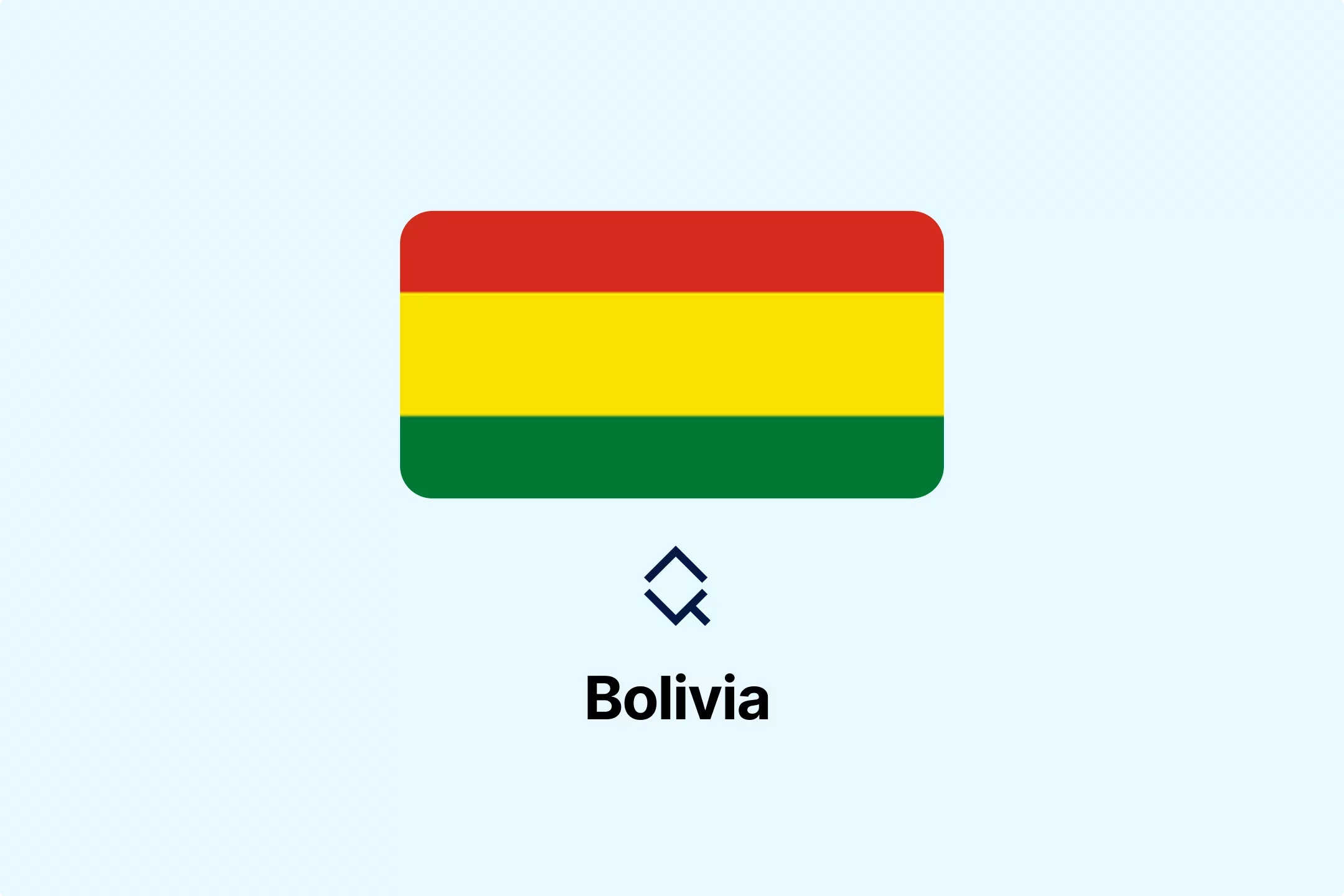

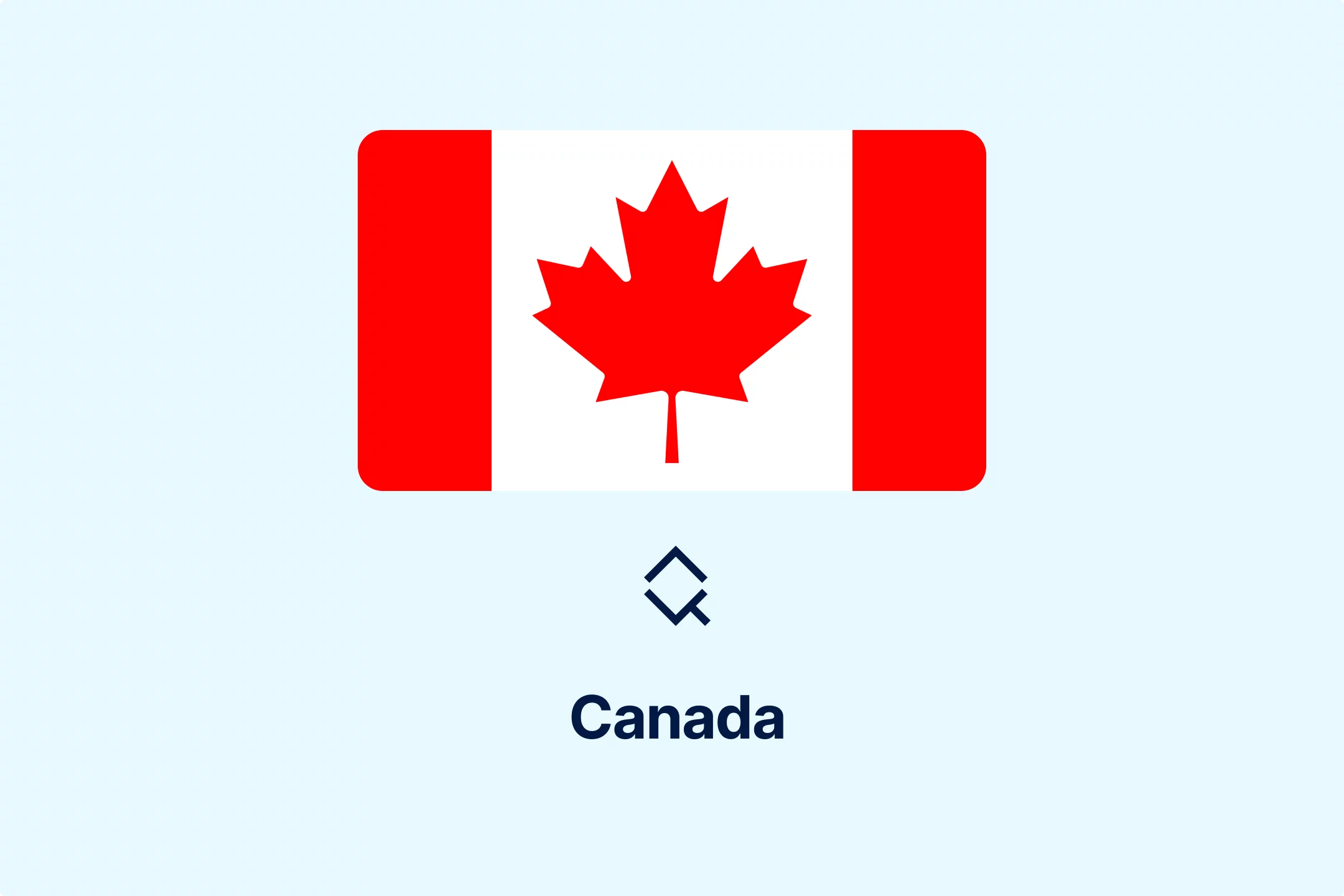





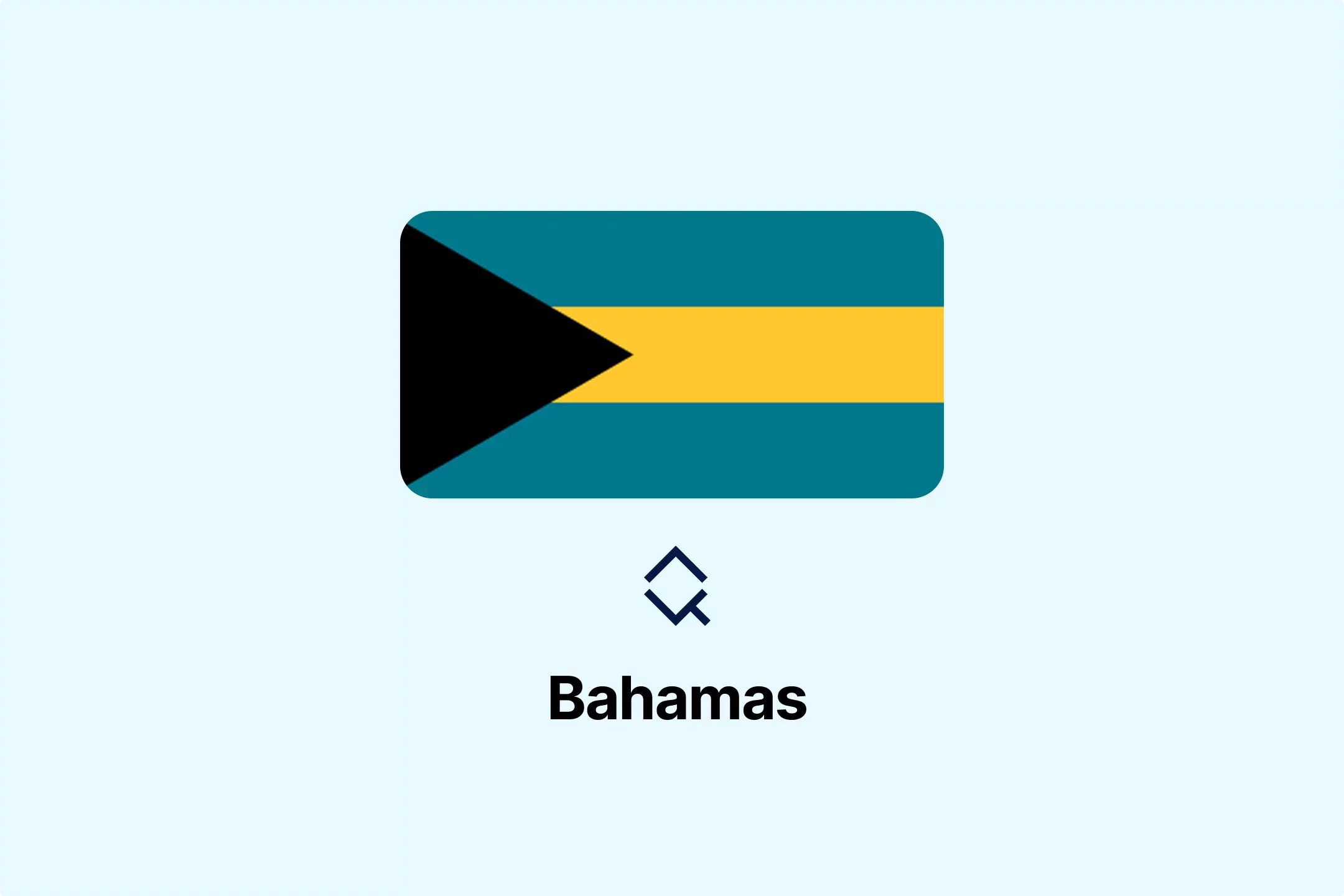



-qoqtiao7l2.webp)

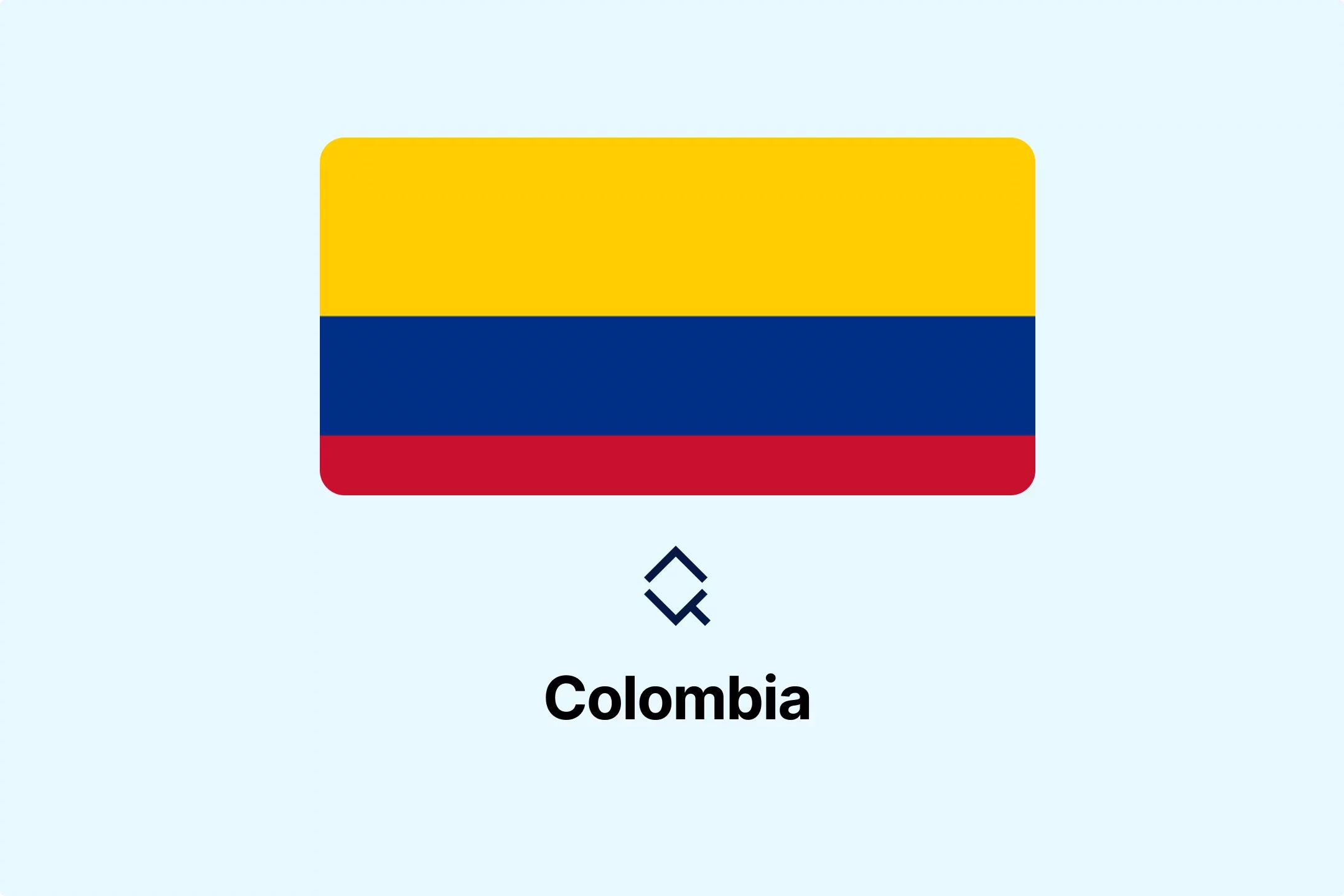
-pdupgqz2r8.webp)
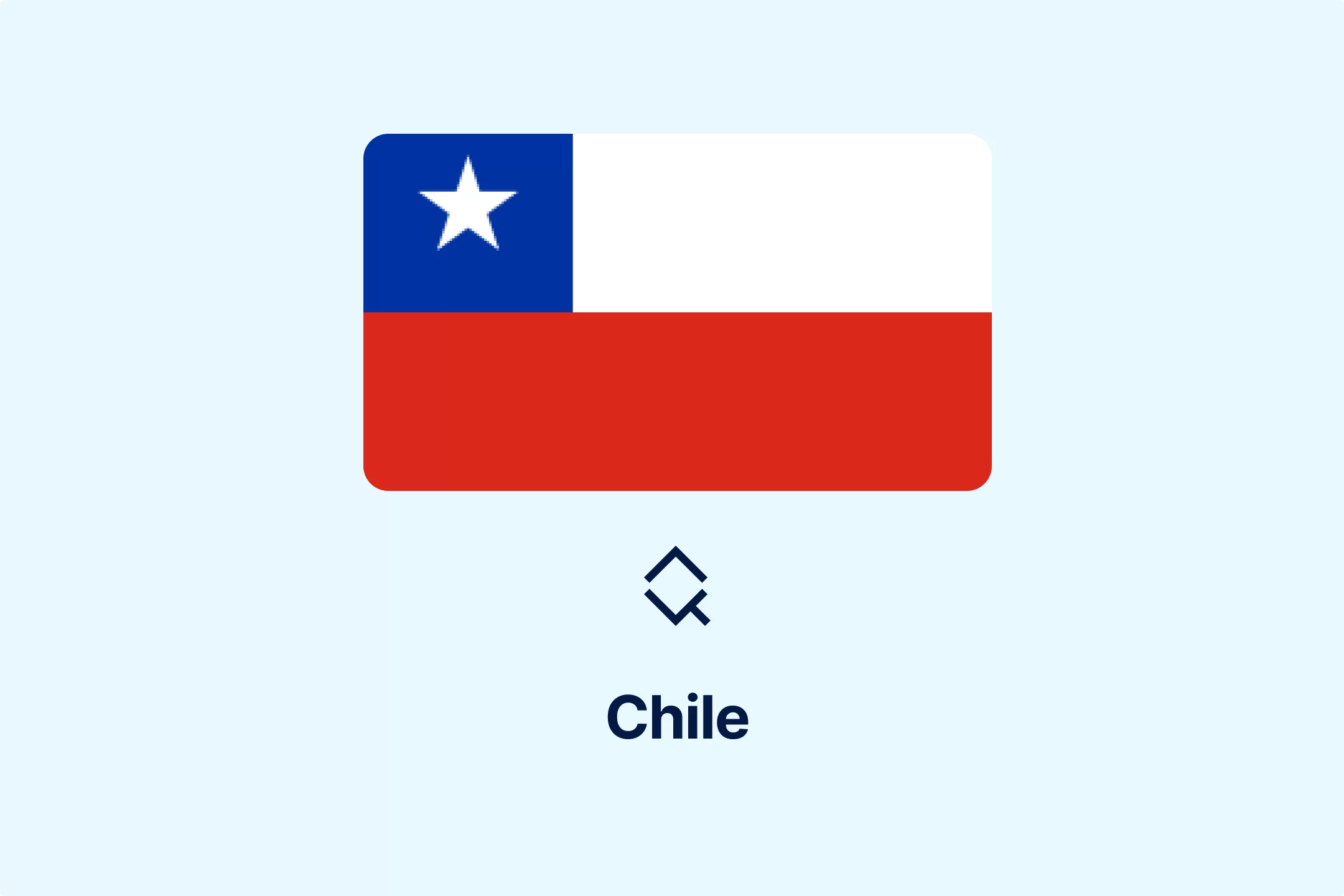





-o0xyg5unvs.webp)

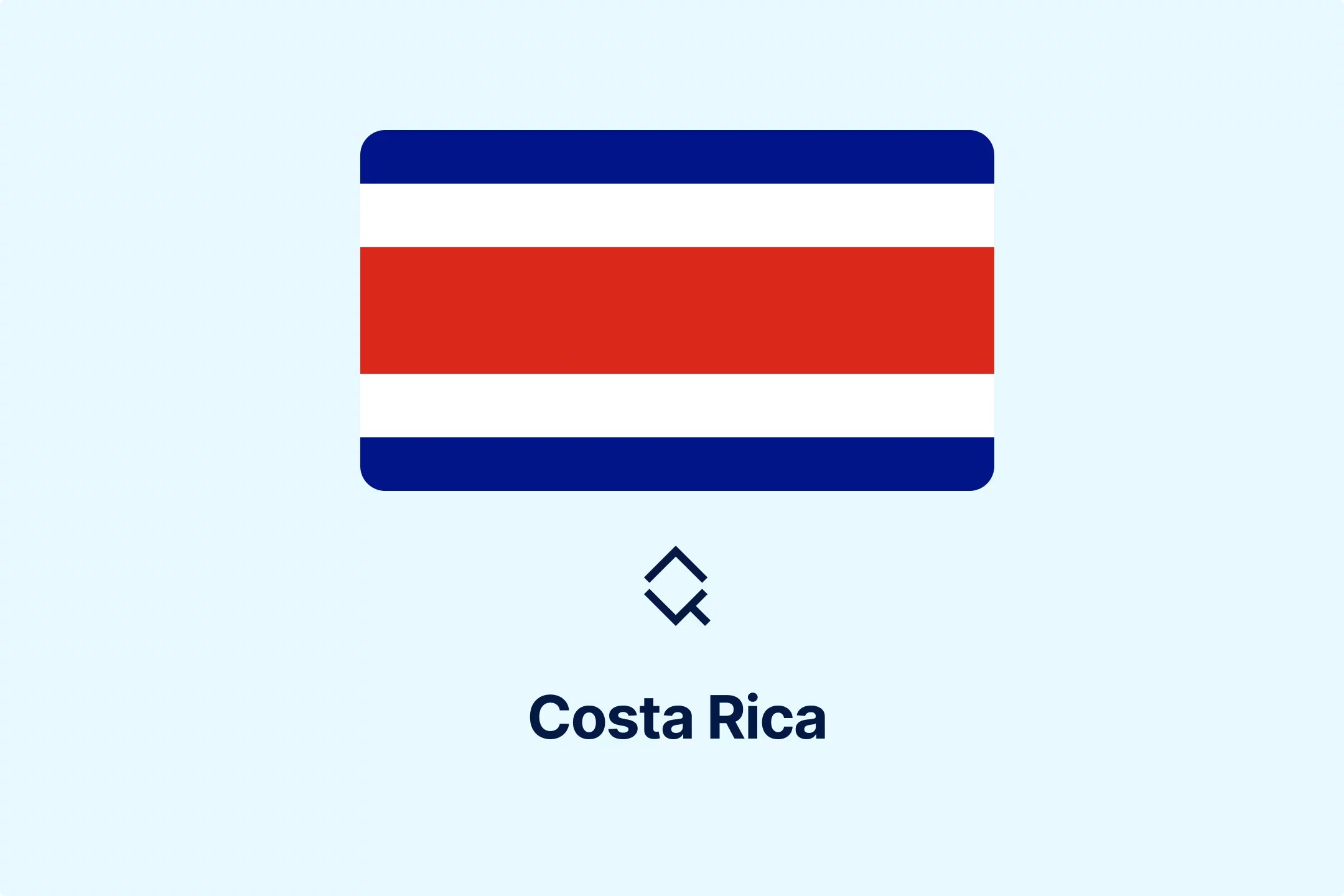
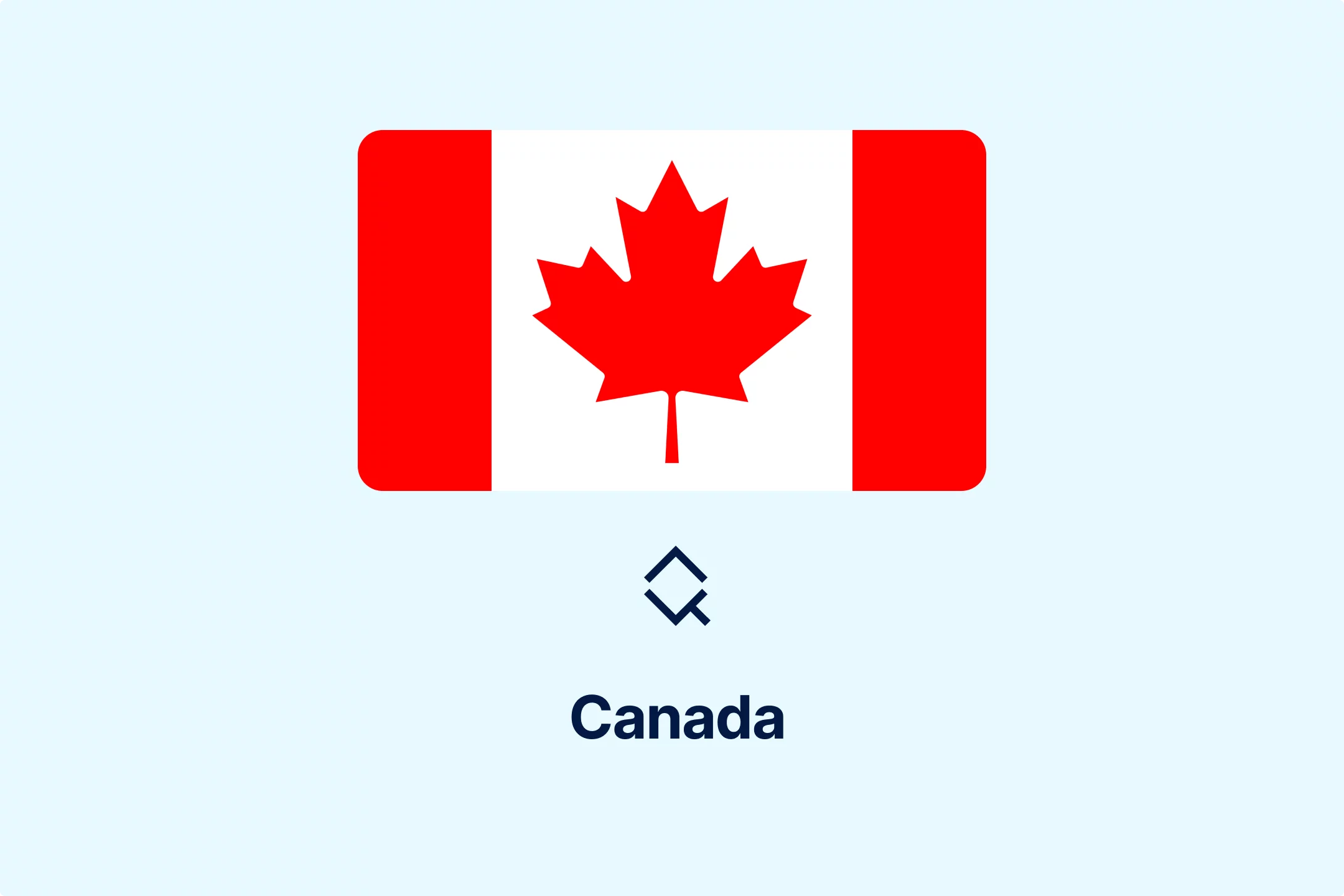
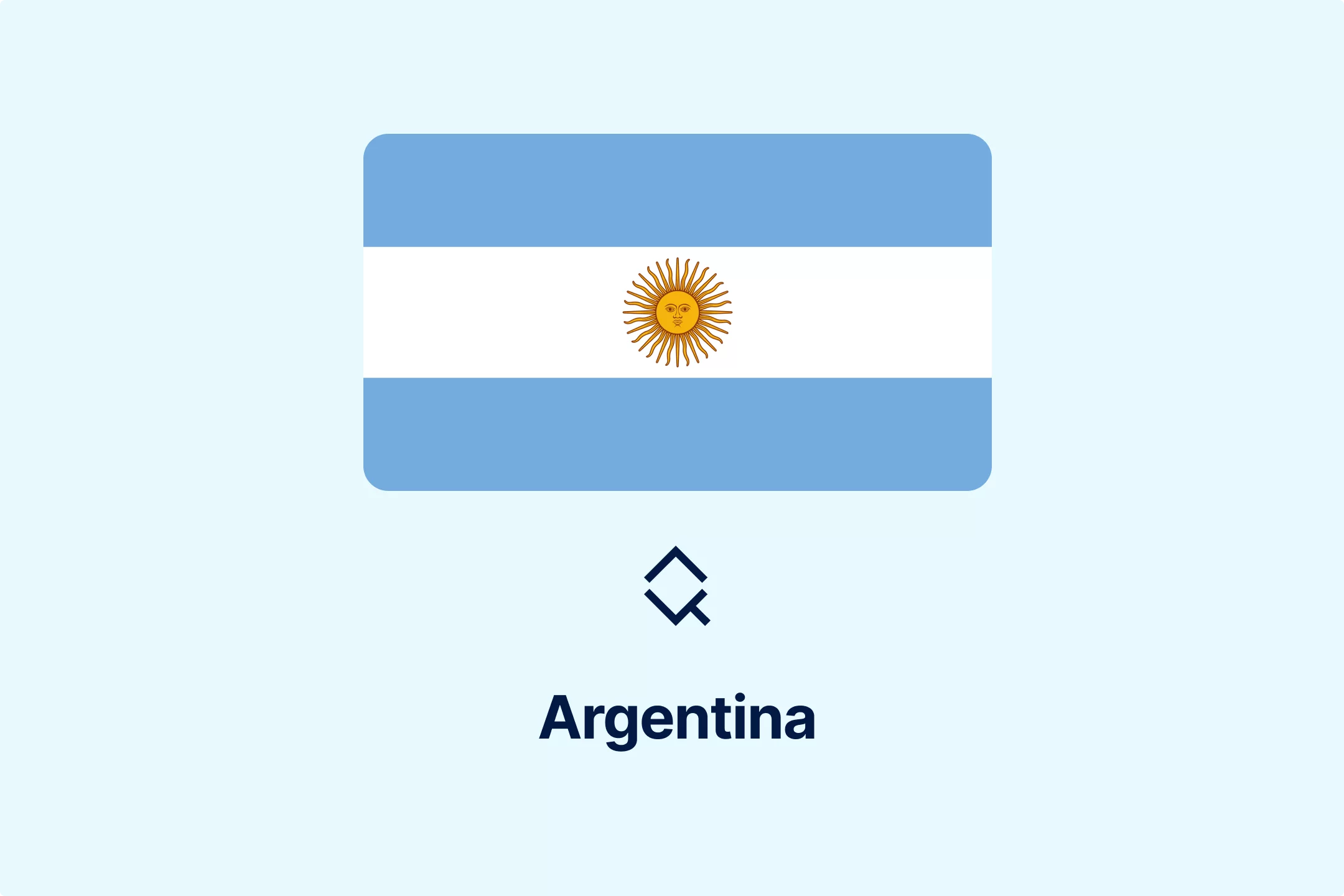



-sebuexzucq.webp)







-sug7vykj81.webp)







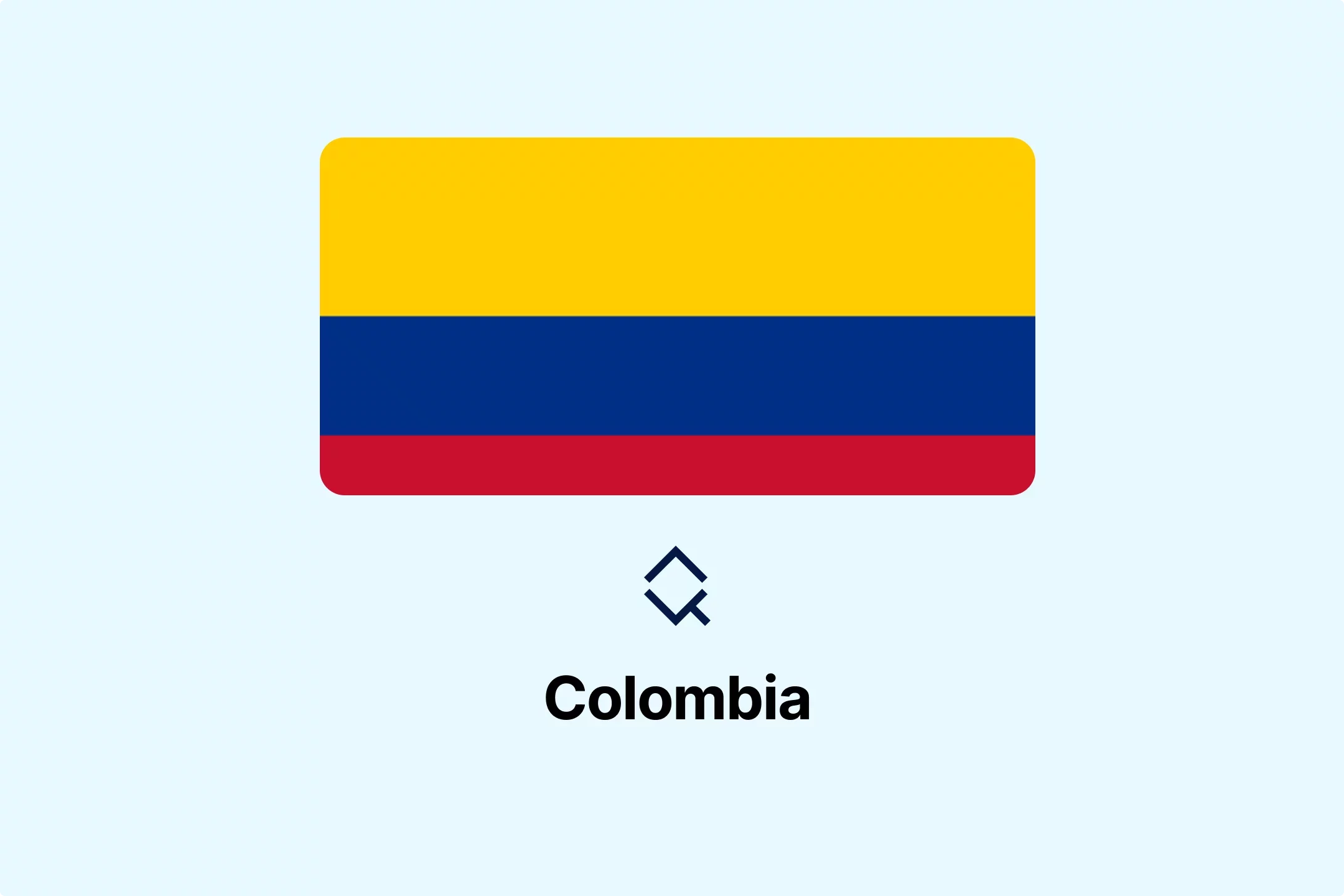
-gsvc6ack9u.webp)

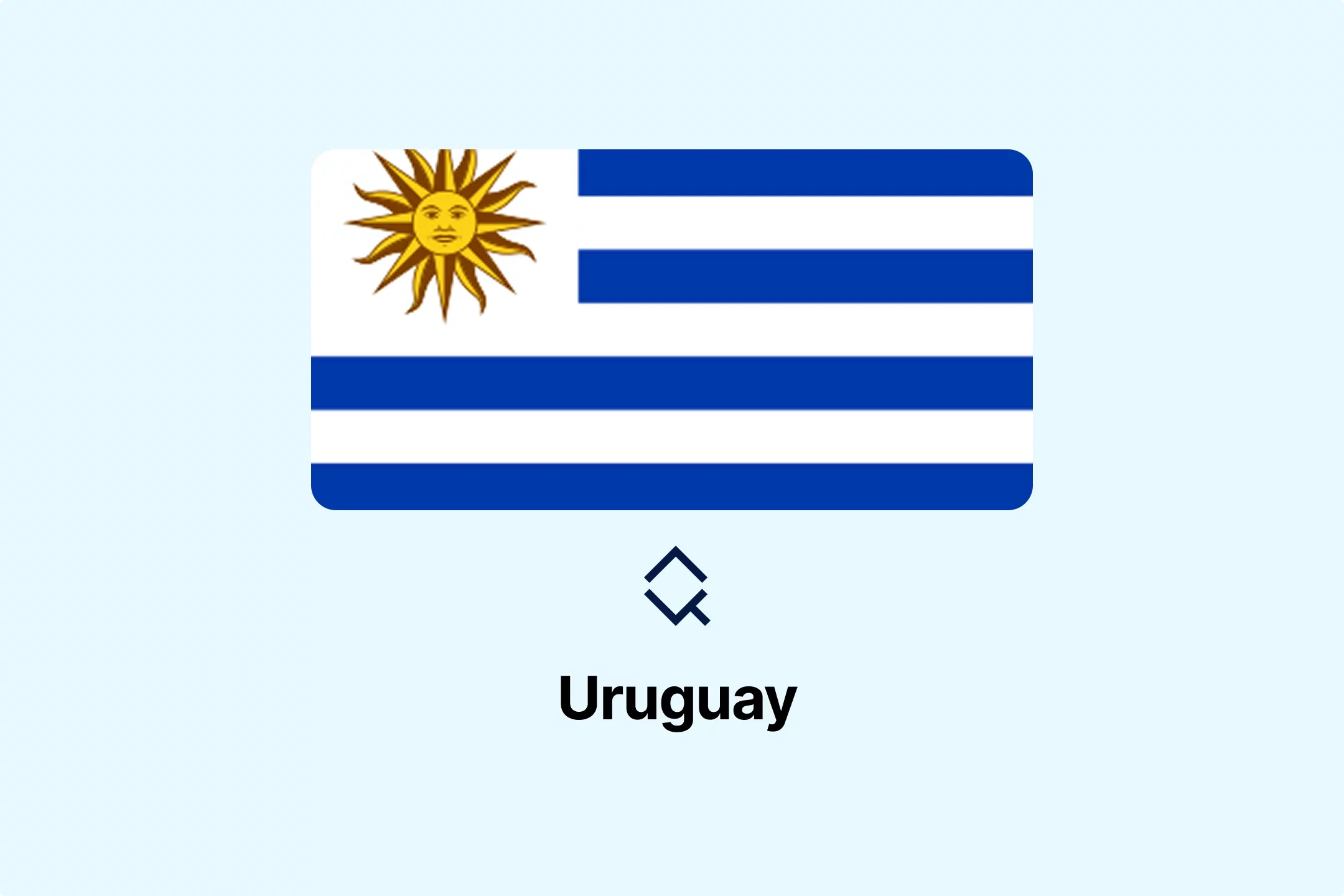





-xsarn0aogt.webp)

-hcel6azmgf.webp)



-p6e3ovhdh3.webp)


-fbovkq9h8b.webp)
-pofe7ucwz3.webp)


-d3qhimei1d.webp)






-nilkffjhah.webp)
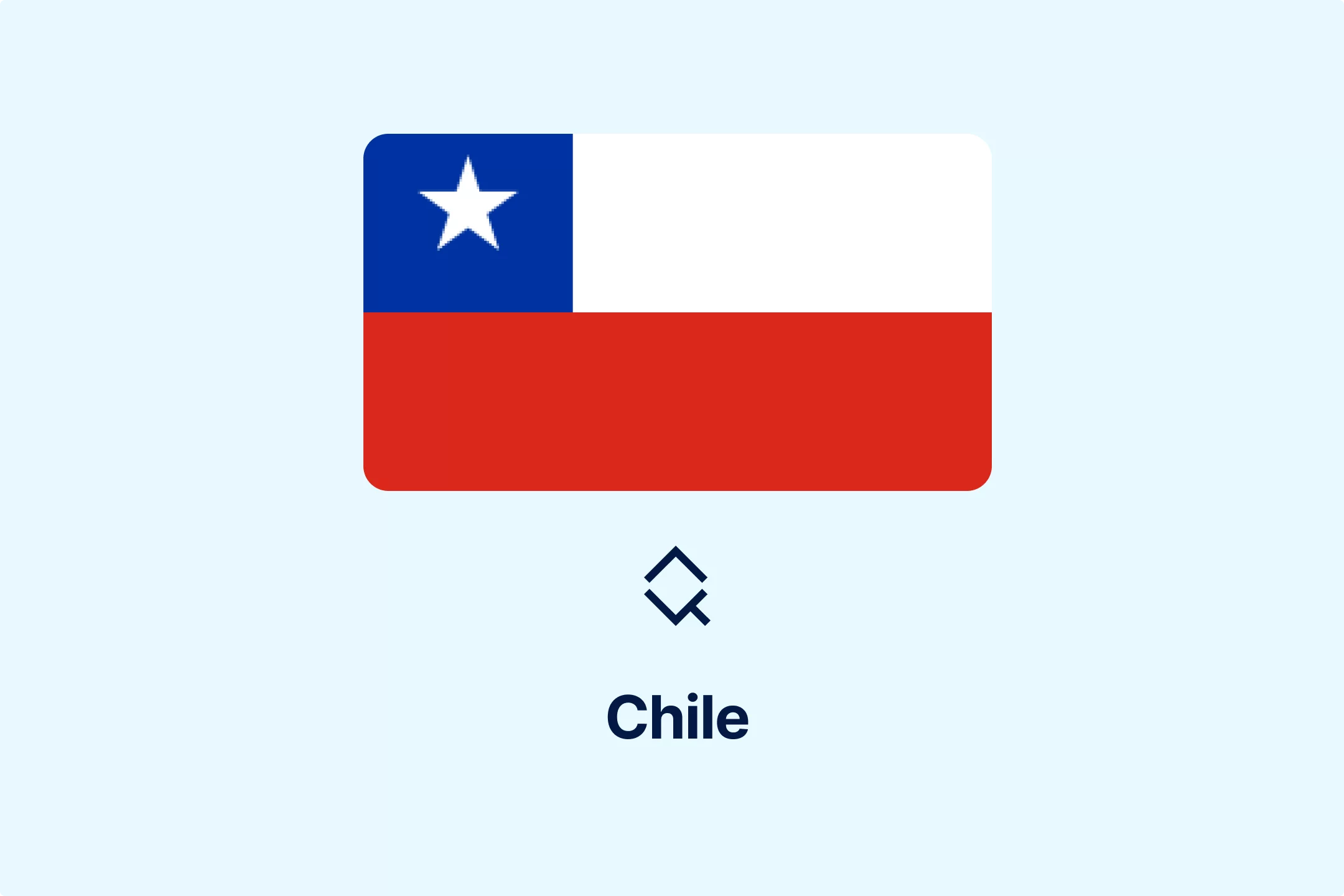











-xbhr0m4jsb.webp)


-ae6fi6cjox.webp)
















-b0fpsws1w1.webp)






















-x78wuofpzj.webp)



















-b44f1vjl1i.webp)




-priw8nq5xc.webp)
-8bkw2pujxu.webp)


.png)

.png)




.png)















































